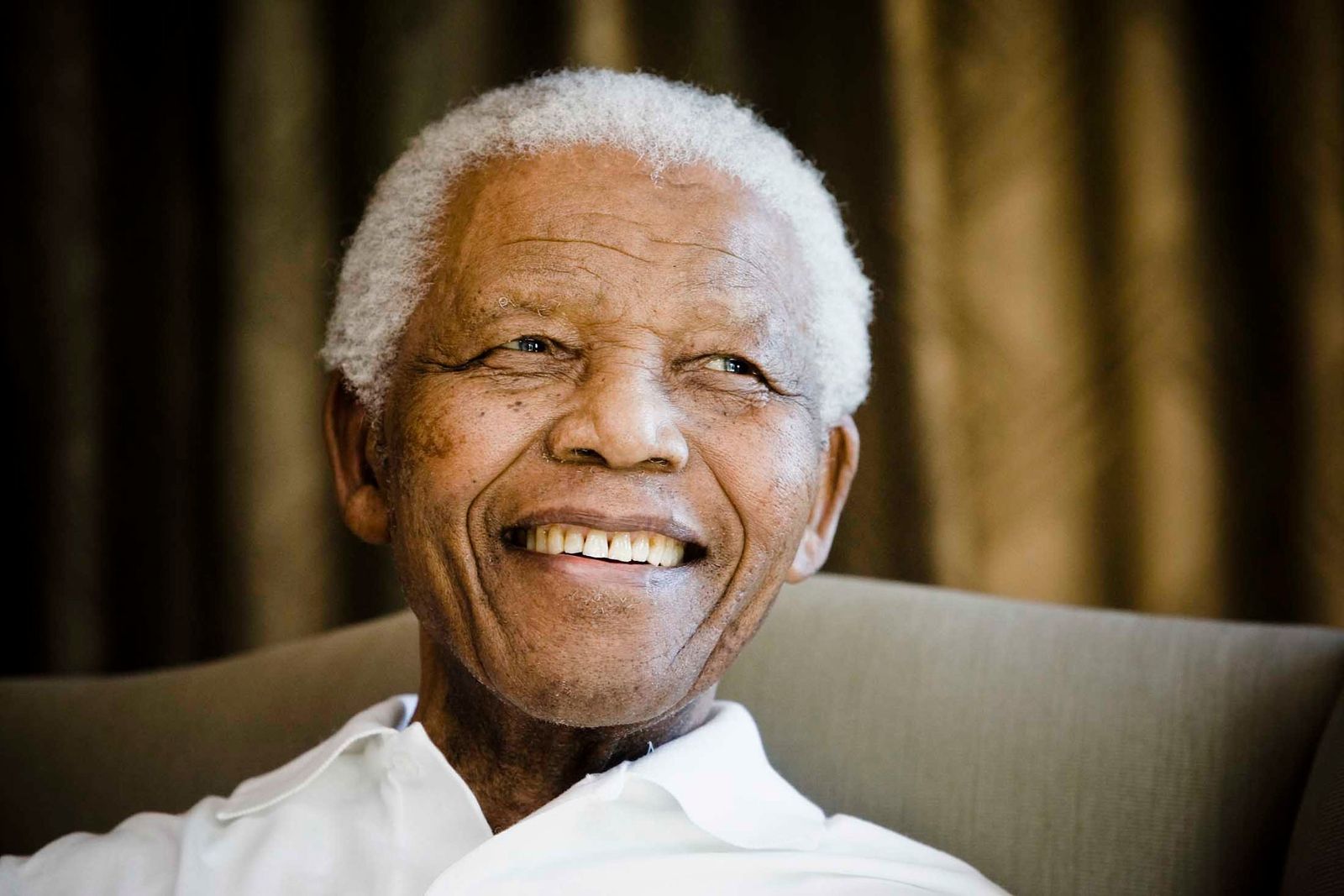Every year on July 18th, people around the world come together to celebrate Nelson Mandela Day. This special day was established by the United Nations in 2009 to honor the life and legacy of Nelson Mandela, the former President of South Africa and iconic human rights advocate. The date was chosen to coincide with Mandela’s birthday, as a way to recognize his tireless efforts in promoting peace, equality, and social justice.
History of Nelson Mandela Day
Nelson Mandela Day was officially declared by the United Nations General Assembly on November 10, 2009, through resolution A/RES/64/13. The resolution acknowledged Mandela’s values and his dedication to the service of humanity in the fields of conflict resolution, race relations, promotion and protection of human rights, reconciliation, gender equality, and the rights of children and other vulnerable groups. The UN called upon its member states to observe Nelson Mandela Day in recognition of the former South African President’s contribution to the culture of peace and freedom.
The first Nelson Mandela Day was celebrated on July 18, 2010, marking the 92nd birthday of the global icon. Since then, individuals, communities, and organizations worldwide have used this day to honor Mandela’s life and promote the values he embodied.
Ideas to Celebrate Nelson Mandela Day
Nelson Mandela Day is not just a celebration, but also a global call to action. The main objective of the day is to inspire individuals to take action to help change the world for the better and, in doing so, to build a global movement for good. Here are some ideas on how you can celebrate Nelson Mandela Day:
- Volunteer at a local charity or community organization
- Donate to a cause that promotes social justice and equality
- Organize a community event to raise awareness about human rights issues
- Read and discuss Mandela’s autobiography, “Long Walk to Freedom”
- Participate in the UN’s official “67 minutes of service” initiative, where people are encouraged to spend 67 minutes doing something positive for their communities, in recognition of the 67 years Mandela spent fighting for social justice
Mandela’s Impact on South Africa
Nelson Mandela’s impact on South Africa cannot be overstated. After spending 27 years in prison for his role in the anti-apartheid movement, Mandela became the country’s first Black President in 1994. As President, he worked tirelessly to dismantle the legacy of apartheid and to promote reconciliation between South Africa’s racial groups.
One of Mandela’s most significant achievements was the Truth and Reconciliation Commission, which provided a platform for victims of apartheid to share their stories and for perpetrators to seek amnesty in exchange for full disclosure of their crimes. This process helped to heal the wounds of the past and to lay the foundation for a more united and equitable South Africa.
Mandela’s Global Legacy
Nelson Mandela’s influence extends far beyond the borders of South Africa. He has become a global symbol of peace, resilience, and the fight for justice. His life story has inspired countless individuals to stand up against oppression and to work towards a more just and equitable world.
Mandela’s legacy is celebrated not only on Nelson Mandela Day but through numerous memorials, statues, and landmarks around the world. From the Nelson Mandela Bridge in Johannesburg to the Mandela Monument in London, these tributes serve as a constant reminder of the values Mandela embodied and the immense impact he had on the world.
As we celebrate Nelson Mandela Day, let us remember his words: “What counts in life is not the mere fact that we have lived. It is what difference we have made to the lives of others that will determine the significance of the life we lead.” May we all strive to make a positive difference, no matter how small, in honor of this remarkable man.
